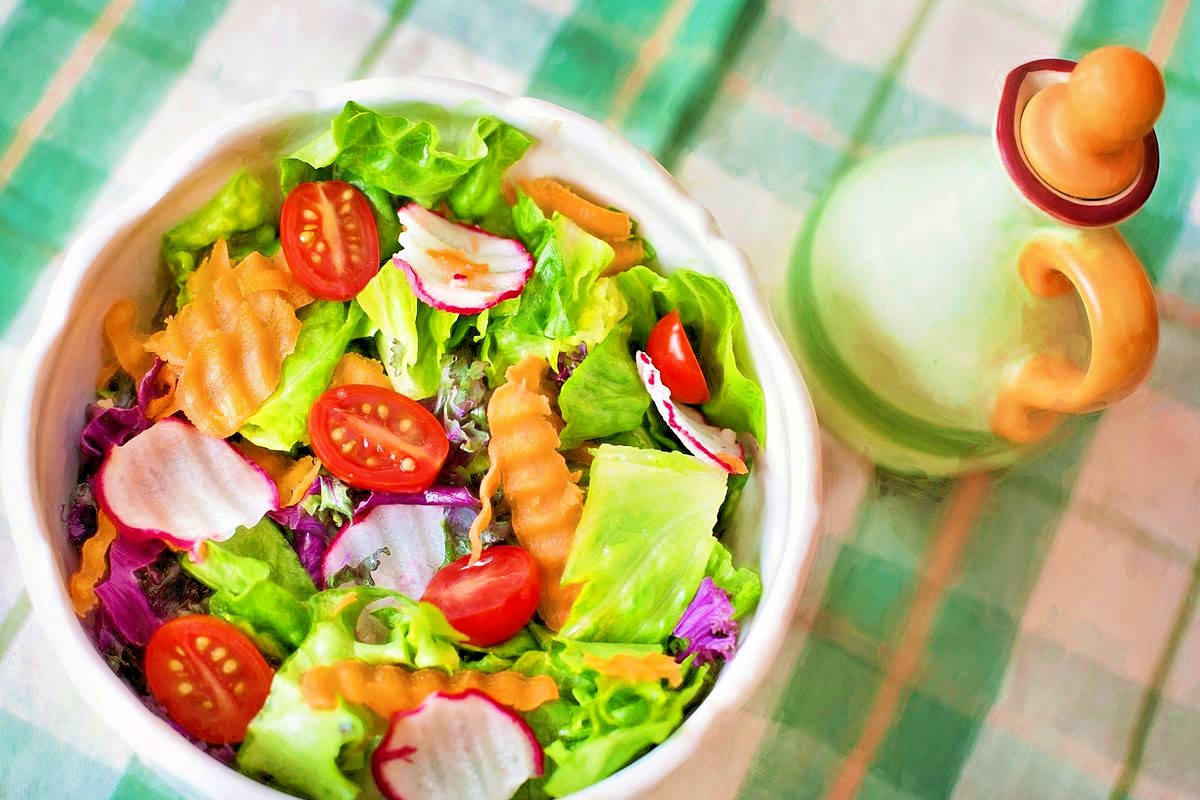Table of Contents
Toggle🥇 Boost Metabolism, Build Muscle: The Protein Paradox for Lasting Weight Loss 🏆
Greetings, fitness enthusiasts! 👋 If you're on a quest for the perfect physique and long-lasting slimming success, then buckle up because we're about to unlock the ultimate secret: harnessing the power of protein! 🥩🥚🥥
🌟 Why Protein is Essential for Weight Loss
Have you ever wondered why you find yourself battling weight fluctuations despite your best efforts? The answer lies in the incredible power of protein, the unsung hero of weight management. 💪
When your body lacks sufficient protein, a cascade of unwanted effects can occur:
- 🍔 Increased risk of weight gain
- 👵 Dull, inelastic skin
- 💇♀️ Lackluster hair
- 🏋️♀️ Muscle loss
- 😷 Even anemia!
Now, let's unravel the mystery behind why protein deficiency leads to weight gain. 🕵️♀️ Protein is the primary building block for muscle development. When your body lacks adequate protein, your muscles gradually shrink, leading to a slower metabolism. 🐢 Consequently, the carbohydrates and fats you consume are less efficiently burned, resulting in unwanted weight gain. 📈
But that's not all! Protein is a true multitasker, playing pivotal roles in:
- 💪 Building and maintaining muscles
- 🩸 Producing blood cells, hormones, and enzymes
- 🧠 Enhancing mood and cognitive function through serotonin and dopamine production
- 💅 Promoting healthy skin, hair, and nails
With such a broad range of benefits, it's clear that protein is an indispensable ally in your quest for a healthy, vibrant life. 🌟
🍽️ How to Properly Incorporate Protein into Your Diet
Now that you understand the importance of protein, let's dive into the practical strategies for incorporating it into your daily routine. 📝
Protein sources can be categorized into six main groups:
- 🥜 Legumes
- 🐟 Fish
- 🥚 Eggs
- 🥩 Meat
- 🥛 Dairy products
- 🌾 Grains
To ensure a balanced intake, follow this recommended order:
Legumes > Fish > Eggs > Meat
🌅 Breakfast Recommendations
Start your day right with protein-packed breakfasts featuring:
- 🥚 Egg dishes
- 🥛 Soy milk or other plant-based milk
- 🥗 Vegetable salads
- 🥛 Yogurt
This combination will replenish the amino acids lost during sleep and kickstart your metabolism. 🚀
🌞 Lunch Recommendations
For lunch, opt for:
- 🥩 Lean meat dishes
- 🍚 Grains (e.g., rice)
- 🥗 Vegetable sides
This balanced meal will provide the necessary protein and carbohydrates to fuel your day. 🏋️♀️
🌙 Dinner Recommendations
Wind down with a light yet protein-rich dinner:
- 🐟 Fish dishes
- 🍄 Tofu or soy-based dishes
- 🥗 Vegetable sides
By limiting carbohydrates at night, you'll maintain a healthy metabolism while nourishing your body with essential proteins. 💤
Additionally, ensure optimal protein absorption by including:
- 🌞 Vitamin D (from sunlight, fish, or mushrooms)
- 🍊 Vitamin C
- 🥦 B-complex vitamins
- 💊 Calcium and iron
These nutrients support muscle maintenance, immune function, recovery, and energy levels. 🔋
⚠️ Three Crucial Considerations for Protein Intake
As with any dietary plan, there are a few key considerations to keep in mind:
- 🧮 Appropriate Protein Intake
- 🥩🌱 Animal vs. Plant Protein Ratio
- ⏰ Optimal Timing for Protein Consumption
1. Appropriate Protein Intake
The recommended daily protein intake is:
- 💪 1 gram of protein per kilogram of body weight for sedentary individuals
- 🏋️♂️ Up to 1.6 grams of protein per kilogram of body weight for active individuals or athletes
For example, if you weigh 60 kg, your ideal protein intake would be:
- 💁♀️ 60 grams for a sedentary lifestyle
- 🏃♂️ Up to 96 grams for an active lifestyle
Distribute your protein intake evenly throughout the day, aiming for 20-30 grams per meal for optimal absorption. 📆
2. Animal vs. Plant Protein Ratio
Protein sources can be divided into two categories: animal-based and plant-based.
- 🥩 Animal proteins (meat, fish, eggs, dairy) are easily absorbed by the body.
- 🥑 Plant proteins (legumes, vegetables, fruits, nuts, grains) are lower in fat and saturated fatty acids.
The recommended ratio is a 1:1 balance between animal and plant proteins. Aim to consume a variety of protein sources throughout the week to ensure a well-rounded nutrient profile. 🌈
3. Optimal Timing for Protein Consumption
The ideal time to consume protein is before and after exercise. 🏃♀️
During intense physical activity, your muscles undergo breakdown. By promptly replenishing with protein, you'll support muscle repair and growth, preventing muscle loss. 💪
Consider having a light, protein-rich snack before your workout, such as:
- 🥛 Yogurt
- 🥚 Eggs
- 🍌 Protein shakes
After your workout, refuel with a protein-packed meal like:
- 🐟 Fish dishes
- 🥩 Lean meat dishes
- 🍄 Tofu or soy-based dishes
For active individuals, protein powders can be a convenient and easily absorbed option, but remember to use them in moderation. 🥛
🎉 Embrace a Healthier Lifestyle with Protein Power
As we bid farewell to the challenges of the COVID-19 pandemic, more and more people are prioritizing their well-being through activities like jogging, walking, or hitting the gym. 🌳🏃♂️
However, without proper protein intake, these efforts may not yield the desired results. By mastering the art of protein consumption, you'll unlock the key to maintaining an active metabolism, fueling your workouts, and achieving your dream physique. 💯
Embrace the power of protein, and let it be your guiding light on the journey to a healthier, happier, and more vibrant you! 🌟
Copyright © 2025 Hea1th.net

